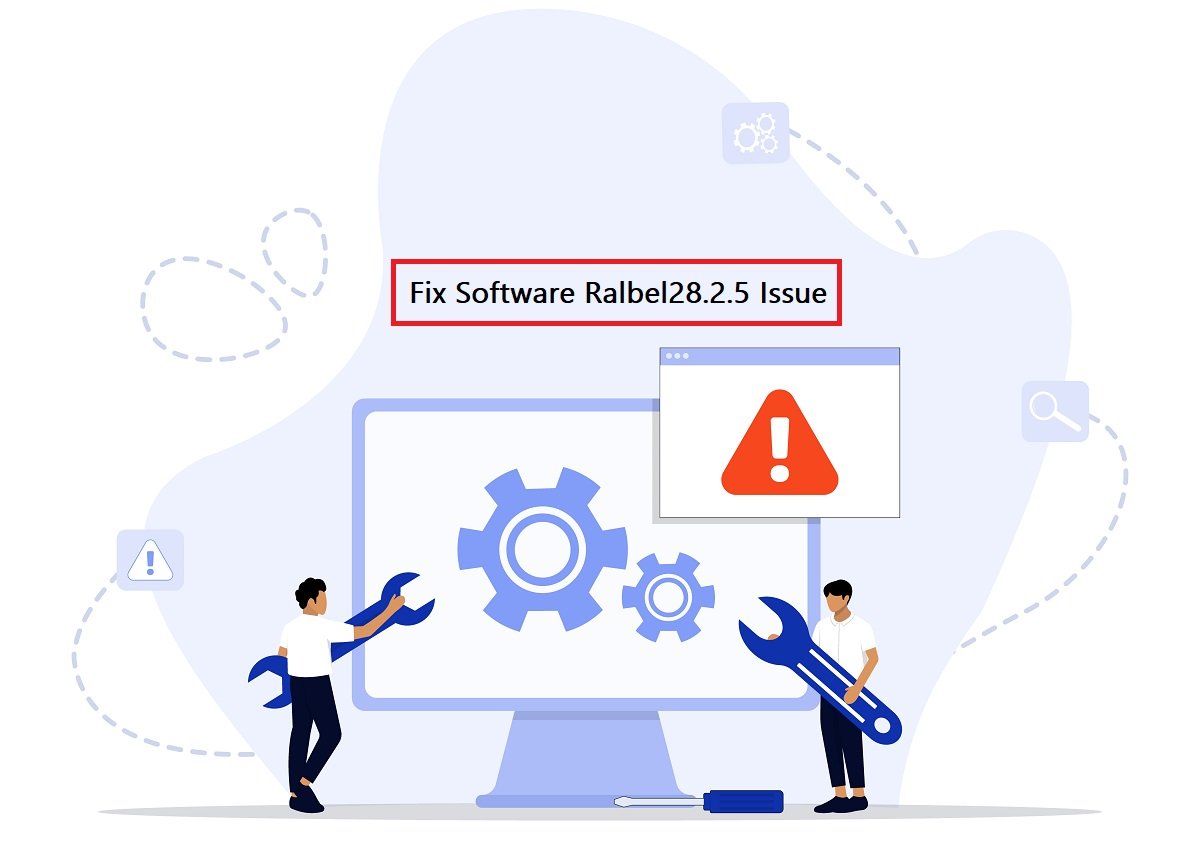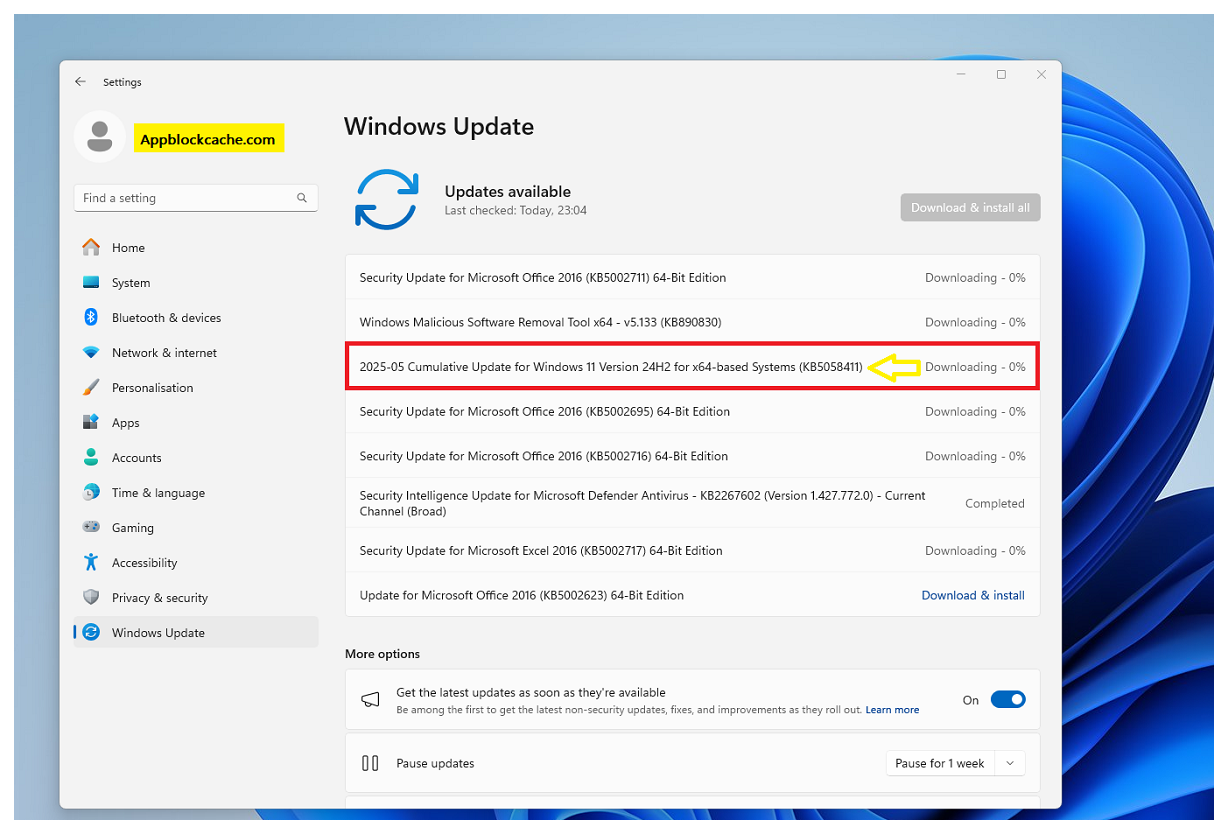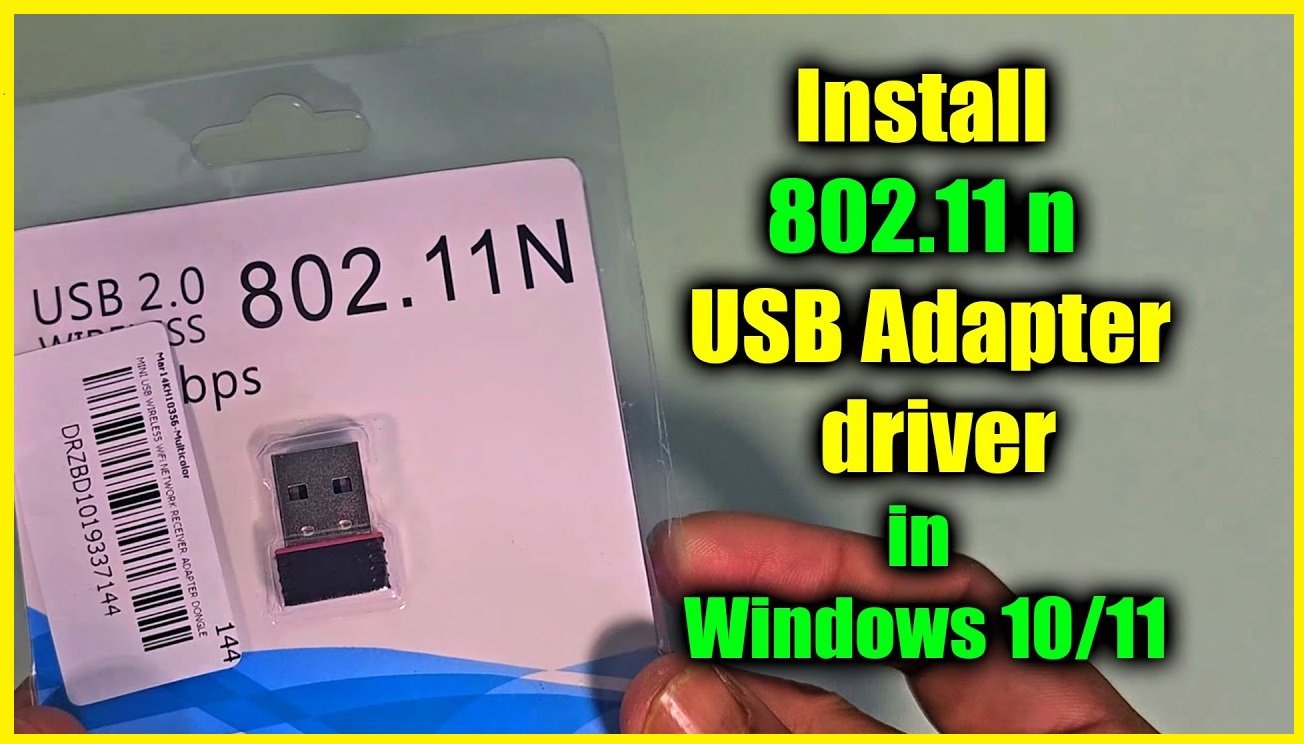What is content cz mobilesoft appblock fileprovider cache blank html?
The phrase content cz mobilesoft appblock fileprovider cache blank html looks technical, but it simply refers to a temporary cache file generated by the AppBlock application, developed by MobileSoft (a Czech software company).
It appears because Android’s content provider system uses content URIs and the FileProvider mechanism to handle secure file access. When AppBlock blocks apps or websites, it creates a lightweight blank HTML file stored in the cache directory. This file is harmless and is part of Android cache management, not a virus or malware.
Why Does This URI Appear on Your Device?
Users often wonder, why does this blank HTML file show up? The answer lies in how AppBlock manages blocked content.
- Cache function: The blank HTML acts as a placeholder, preventing blocked apps or websites from loading.
- FileProvider role: Android requires apps to use FileProvider for secure file sharing instead of older file URIs.
- Content URI system: This path represents how Android maps files inside apps.
- Normal behavior: Seeing this URI is expected for AppBlock productivity features like website blocking, strict modes, or scheduling.
In short, it’s not a security risk but a design choice within Android’s architecture.
Is It Safe or Malware?
Many users fear that content://cz.mobilesoft.appblock.fileprovider/cache/blank.html might be spyware or malware. The good news is that this file is safe.
- Not malware: It’s created by the official AppBlock app from MobileSoft.
- Privacy concerns: The file does not contain personal data. It only signals that content has been blocked.
- Safe to keep: Deleting it won’t break your phone, but it may reappear when AppBlock runs again.
- Digital well-being: The file is tied to AppBlock’s role as a productivity app that helps manage screen time and distractions.
Common Issues Users Face
Even though harmless, the blank HTML file may lead to confusion or small issues. Common cases include:
- Cache is taking up space on devices with limited storage
- Permission errors when another app tries to access the file
- Confusion when users see the term in logs or file explorers
- AppBlock not blocking properly, leaving users unsure about the cache status
These issues are typically minor and can be fixed with cache clearing or troubleshooting steps.
How to Clear or Fix the AppBlock Cache File
If the AppBlock cache blank HTML file bothers you, here are safe ways to handle it:
-
Clear AppBlock cache
-
Go to Settings > Apps > AppBlock > Storage > Clear Cache.
-
-
Delete temporary files manually
-
Using Android’s storage cleaner or a file manager app.
-
-
Reinstall AppBlock
-
Uninstalling and reinstalling resets the cache and permissions.
-
-
Update AppBlock
-
Install the latest version for bug fixes and better cache management.
-
-
Check Android permissions
-
Ensure AppBlock has correct FileProvider permissions to avoid errors.
-
How AppBlock Uses FileProvider and Content URIs
To understand better, let’s break it down:
- FileProvider: A secure Android feature that prevents unsafe file sharing.
- Content URI: A unique address that points to files inside an app, replacing old-style file URIs.
- AppBlock’s use: When blocking a website or app, AppBlock serves a blank HTML page through FileProvider.
- Security benefit: This keeps files isolated within the app and prevents unauthorized access.
This is why you may see content cz mobilesoft appblock fileprovider cache blank html while using the app.
Troubleshooting Guide
If you face problems like AppBlock errors, follow these solutions:
- Content URI not working: Restart your device and clear cache.
- Permission denied error: Check AppBlock’s storage and usage access permissions.
- Cache file keeps reappearing: This is normal. Only disabling or uninstalling AppBlock removes it.
- Performance issues: Clear cached data on both AppBlock and system level.
- Advanced users: Developers can debug by checking the FileProvider XML configuration and URI authorities.
Comparison with Similar Apps
Users sometimes compare AppBlock with other productivity and focus apps.
- AppBlock vs Freedom App: AppBlock uses cache placeholders, Freedom blocks network access.
- AppBlock vs Stay Focused: Both offer scheduling, but AppBlock uses FileProvider-based cache handling.
- AppBlock vs OffTime: OffTime focuses on call and SMS blocking, while AppBlock excels at website and app control.
This shows that AppBlock’s blank HTML cache file is unique but safe, unlike malware-like behaviors.
Best Practices for Cache and File Management
To avoid confusion or errors:
- Regularly clear temporary files and cached data.
- Keep Android and AppBlock updated for better security architecture.
- Avoid third-party cleaners that may disrupt content provider systems.
- Learn the difference between cache files vs storage files in Android.
- Use official apps from Google Play to avoid security risks.
AppBlock Features Beyond Cache Files
It helps to remember that AppBlock is more than its cache files. Core features include:
- App and website blocking with schedules
- Focus modes for study or work
- Smart scheduling and location-based blocking
- Notification blocking to reduce distractions
- Usage analytics to track screen time
- Strict mode to prevent disabling the app too easily
These features make AppBlock one of the best productivity apps for Android.
FAQs
Is content cz mobilesoft appblock fileprovider cache blank html a virus?
No. It is a harmless cache file created by AppBlock.
Can I delete the AppBlock cache file?
Yes. Clearing cache removes it temporarily, but it may reappear.
Why does AppBlock create a blank HTML file?
It acts as a placeholder to block content securely.
What if the cache file causes issues?
Clear cache, reinstall AppBlock, or check permissions.
Is AppBlock safe to use?
Yes. It is developed by MobileSoft and available on Google Play.
Conclusion
The mysterious-looking content cz mobilesoft appblock fileprovider cache blank html is simply a temporary cache file created by AppBlock to block apps and websites securely. It relies on Android’s content provider and FileProvider system to function. While safe and not malware, it may cause confusion for non-technical users.
By understanding its purpose, clearing cache when necessary, and using AppBlock’s features effectively, you can improve digital well-being without worrying about technical jargon.




